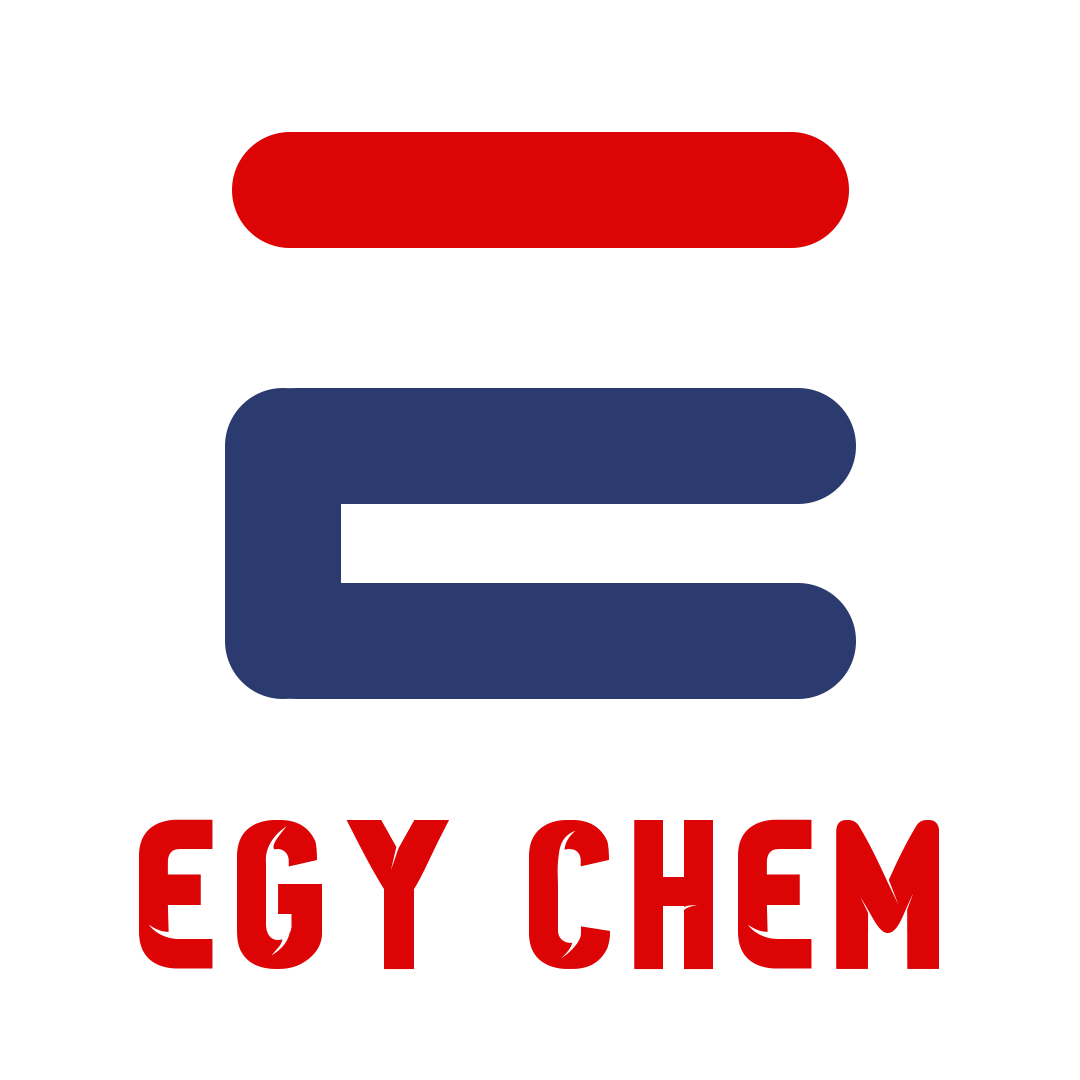1. The distinctive characteristics of titanium:
- High strength with low weight:
- Titanium has an excellent strength-to-weight ratio, as it is considered to be up to 60% stronger than steel but much lighter. This property makes it perfect in applications that require high strength with light weight.
- Excellent corrosion resistance:
- Titanium has exceptional resistance to corrosion, even in harsh environments such as salt water or strong acids. This makes it ideal for use in marine, industrial, and medical applications.
- Thermal Stability:
- Titanium has a great ability to resist high temperatures, allowing it to operate in environments ranging from very low to very high temperatures.
- Durability and toughness:
- Titanium has great rigidity and high stress tolerance. These properties make it suitable for use in applications that require high durability.
- Non-toxic and environmentally safe * *:
- Titanium is non-toxic, making it suitable for use in medical applications, such as transplants and artificial bones.
2. Advantages:
- Corrosion resistant:
- Titanium is one of the most corrosion-resistant substances, even in harsh environments such as seawater or chemical liquids. This makes it ideal in marine and aerospace industries.
- High strength despite its lightness:
- While titanium is much lighter than steel, it is much stronger. This means it can be used in structures that require strength but while maintaining low weight.
- Flexibility in processing:
- Titanium can be formed and formed in multiple ways, making it usable in many industries. It can be formed to take complex shapes, and is able to withstand different welding processes.
- Antioxidant:
- Titanium oxidizes rapidly when exposed to air, forming an oxide layer that protects it from further erosion, and this enhances its sustainability in humid or contaminated climates.
3. Applied fields of titanium:
- Aerospace and aerospace industry:
- Titanium is widely used in the manufacture of sensitive structures and parts in aircraft and spacecraft thanks to its lightness and high strength. It is used in the manufacture of engines, aircraft structures, and other parts that need high resistance to stress and high temperatures.
- Medical Industry:
- Titanium is used in medical implants such as synthetic teeth and bone implants thanks to its properties that make it biocompatible and non-toxic. It is also used in surgical instruments and synthetic joints.
- Marine Industry:
- Due to its high corrosion resistance, titanium is used in the manufacture of marine equipment such as underwater parts, ships and submarines, where the metal is exposed to salty water environments.
- Military areas:
- Titanium is used in the manufacture of armour and military machinery, including tanks and warplanes, thanks to its power, resistance to smashing and light weight.
- Sports appliances industry:
- Titanium is used in the manufacture of sports equipment such as bicycles, protective covers, and tennis cylinders, thanks to its flexibility and strength with light weight.
- car industry:
- Titanium is used in some automotive components, such as exhaust (shakman) and motor, due to its strength and resistance to heat and corrosion.
4. Defects:
- High Cost:
- Titanium is an expensive metal compared to many other materials such as steel or aluminum. This high cost limits its use in some applications that do not require its superior properties.
- Difficulty in processing:
- Despite being processable, titanium requires special techniques in manufacturing and welding, which may require sophisticated equipment, increasing the complexity and cost of operations.
- Relatively heavy weight compared to some other metals:
- Although titanium is lighter than steel, it is still heavier than some other metals such as aluminum, which may be an obstacle in some applications that require maximum light weight.
